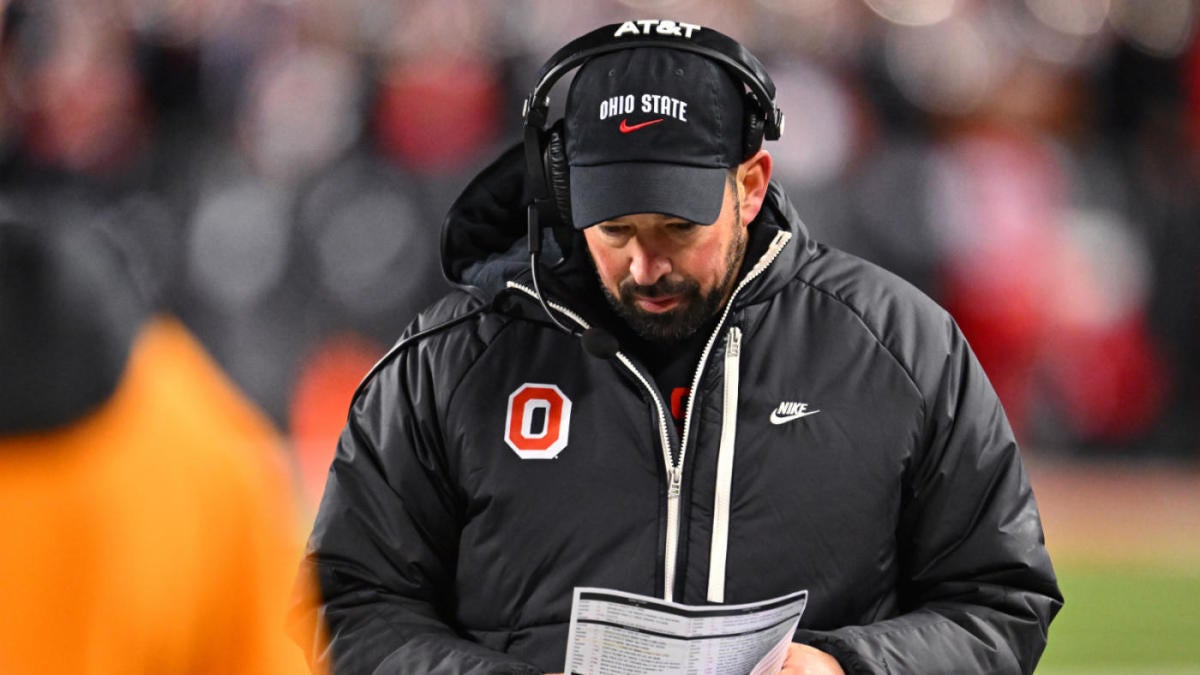Bussiness
My son was diagnosed with autism at age 5. I spent decades hoping he’d change — but now I accept him as he is.
My son, Evan, is 27. He was diagnosed with autism at the age of 5. For years, I’ve advocated for autism acceptance and awareness. But I haven’t spent my life hoping that Evan will be accepted. I’ve spent my life hoping that he will change.
I have three children. At times, I know I have failed them, but Evan is the one I have let down the most.
I’m sometimes ashamed
I expect more of him than he can give and more of him than he can be. I am ashamed of him sometimes. And that makes me ashamed of myself. Evan is brilliant and charming, but he has no social connections outside our family. He works at home for my husband, Jamie, and lives with us. The way things look, our nest will never be empty. And there are days I resent Evan for being there.
Evan can identify a country from merely an outline of a map. But he rarely leaves home on his own. He has long hair, a beard, and wears sweatpants. We recently attended a Celtics game, and Evan wore gray sweats with a massive hole in them. I was embarrassed; Evan was unfazed. I keep waiting for him to put on khakis and a crisp white shirt.
I keep waiting for him to be someone else.
I’ve willed myself to believe that a pair of pants and a shave are the answer. I clung to the hope that I could tamper Evan’s rigidity and nonconformity with interventions. I’ve sought advice from experts, friends, and family. But why?
Because this is so hard, and I want it to go away. I want a magic pill. But even if there were a magic pill, Evan wouldn’t take it. He has resisted medical and behavioral interventions since he was in middle school and signed himself out of special ed when he turned 18.
I sometimes regret all the interventions
There are many days I regret all the IEPs, interventions, and therapies trying to mainstream a boy who was anything but mainstream. And despite the support of empathetic family and friends, we often feel alone.
Evan doesn’t see a behaviorist, but the rest of our family does. And each session we have, I weep. Talking about all of this isn’t easy. And seeing her compassion mirrored back to us is more than I can bear. Recently, she said, “Maribeth, I talk to many mothers of children and adults on the autism spectrum. You are all grieving.”
I thought I knew what grief felt like. I’ve watched both of my parents die. I’ve grieved close family members and friends. I’ve suffered broken hearts and fractured friendships. But nothing felt as raw as her recognition of the guttural scream that lives inside me. I’ve lost something profound, yet I feel utterly unworthy of that loss.
I had ideas of what my kids’ lives would be like
Long before Evan and his siblings were born, I dreamed of them and for them, envisioning the lives they would one day lead. When my dream for Evan went unrealized, I blamed him. I held onto something that I never had, and that grief has kept me from appreciating and accepting what was always there.
Recently, Evan had his wisdom teeth removed. Afterward, I sat with him in the recovery room. His mouth was full of gauze, and he was still enjoying the effects of anesthesia. We rarely have quiet moments like this together. I wasn’t reminding him to sit up straight or cut his nails or hair. I wasn’t nagging him to be different when all he’s ever wanted was to be the same.
The sterile silence of that recovery room was a gift.
In that pure and still place, I started to let go of what I had hoped would be and began to accept what was. Gray sweatpants will always be one of Evan’s wardrobe staples; our never-empty nest is more of a blessing than a curse, and it will never be Evan’s responsibility to make his mother’s dreams come true.
As I looked at Evan sitting across from me, half asleep with ice packs on both cheeks, I heard a voice inside say, “Just let him be.”










